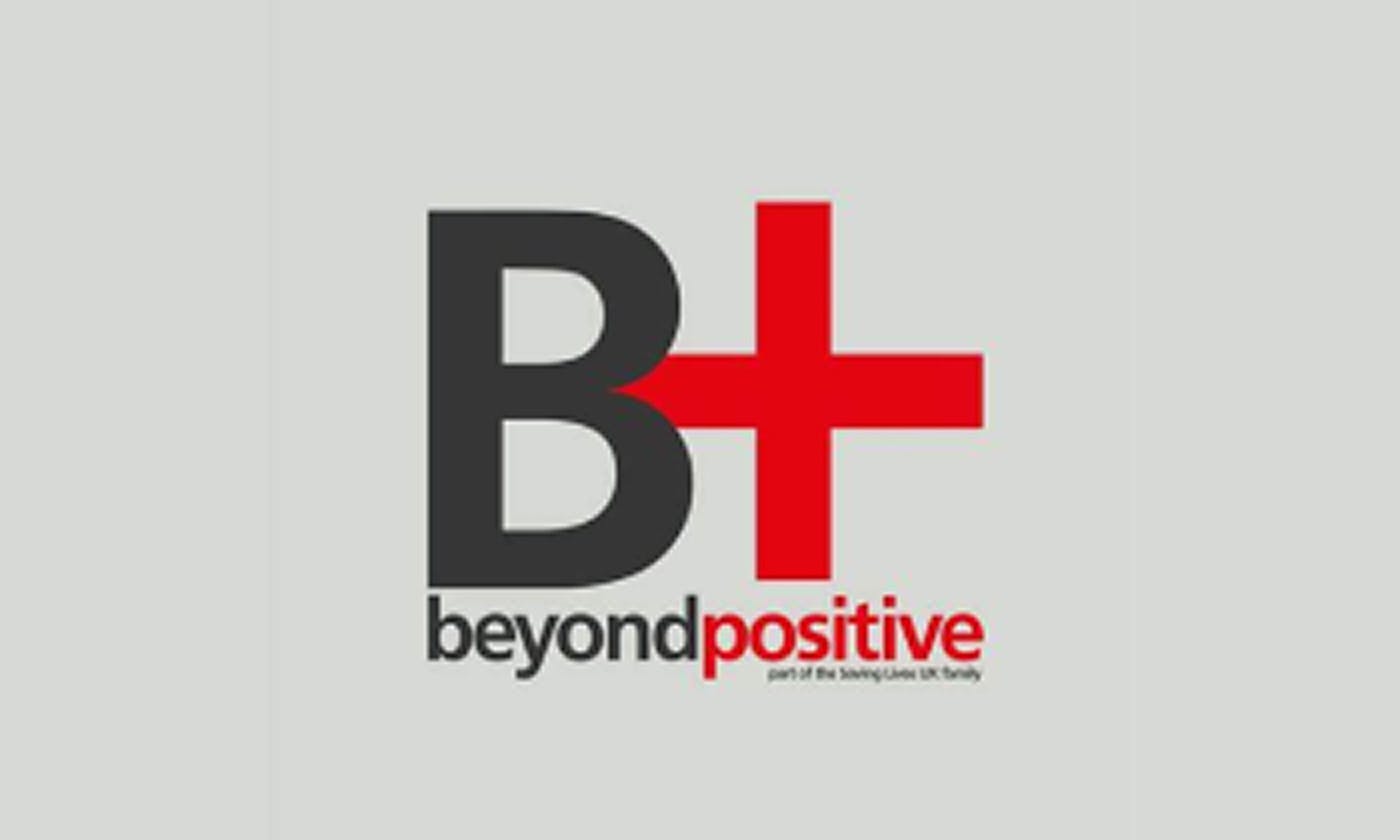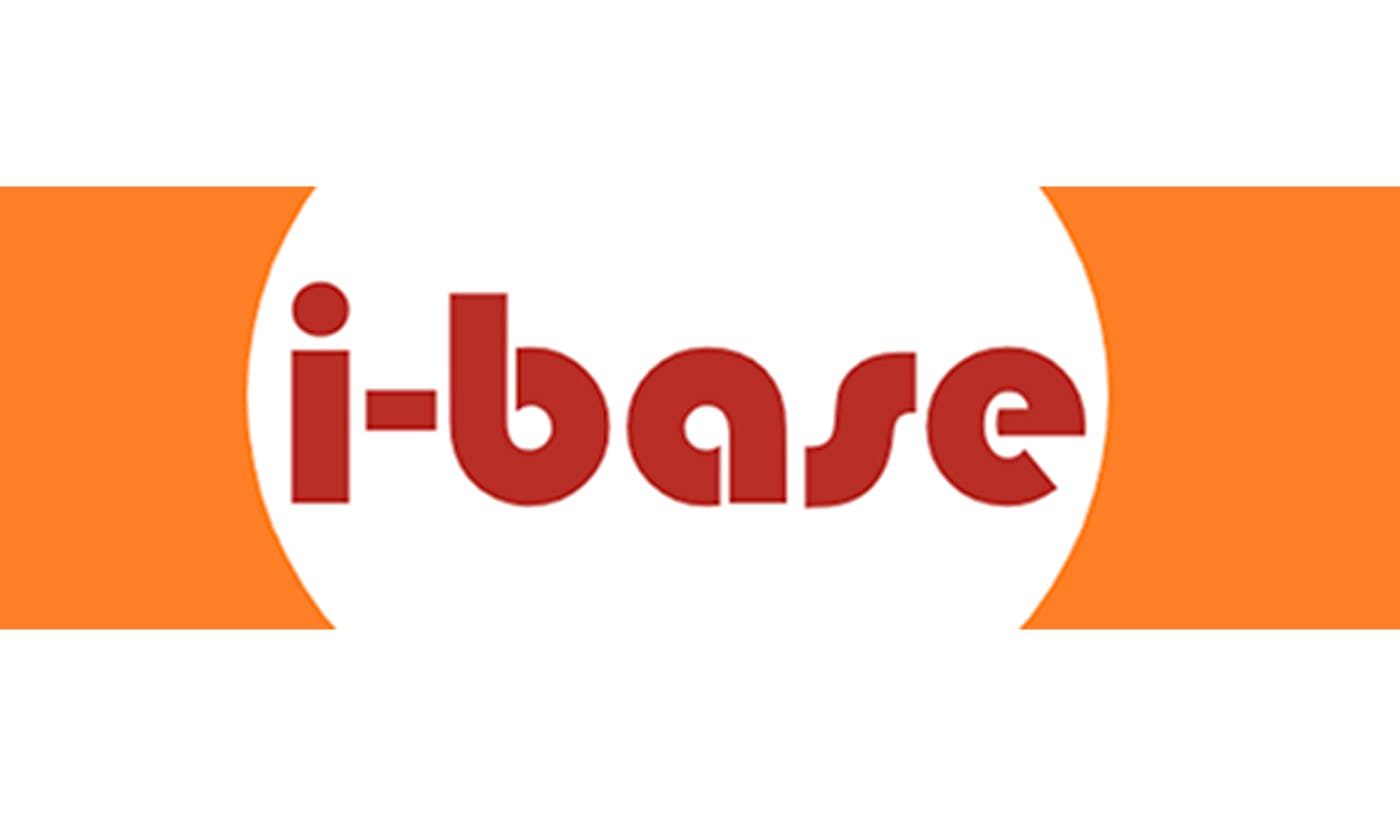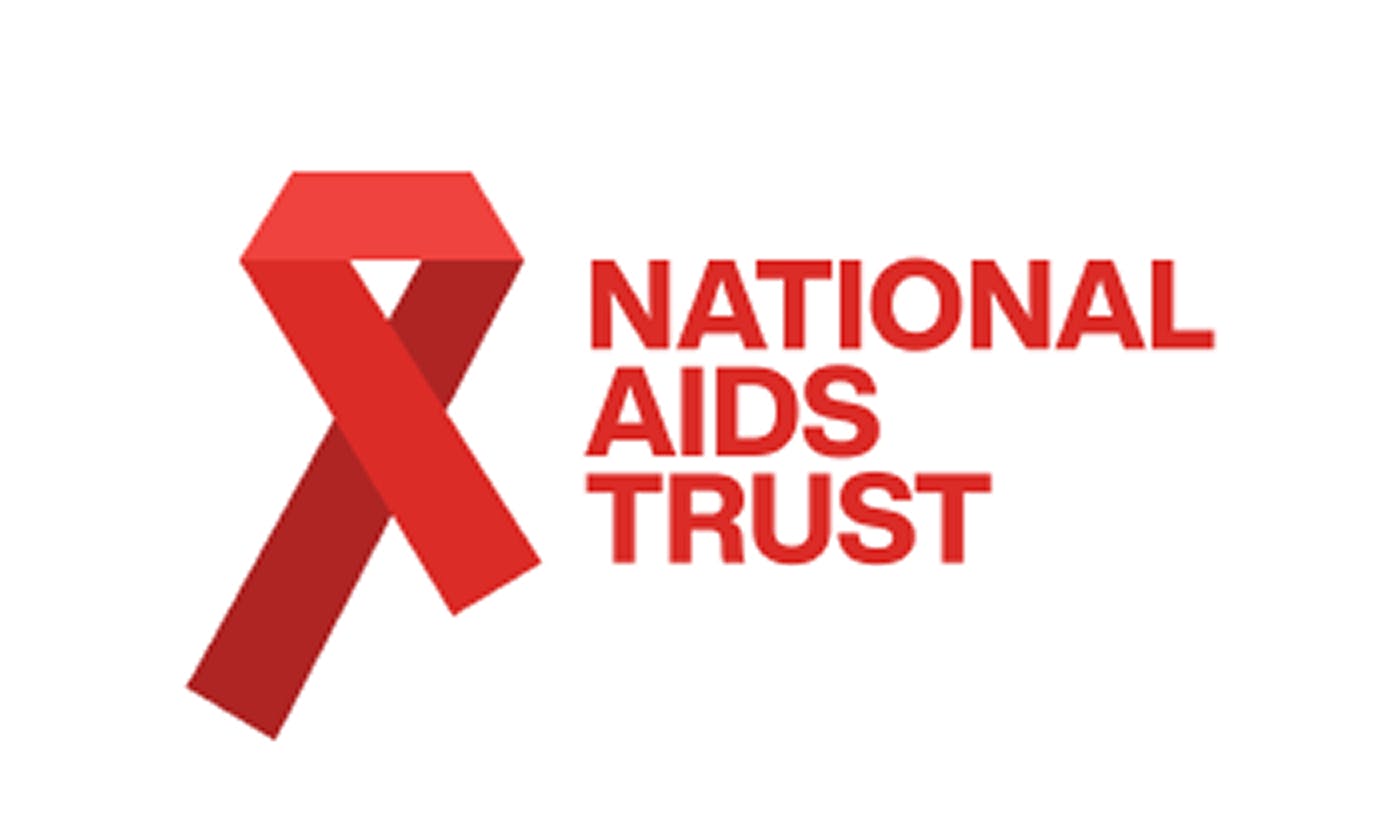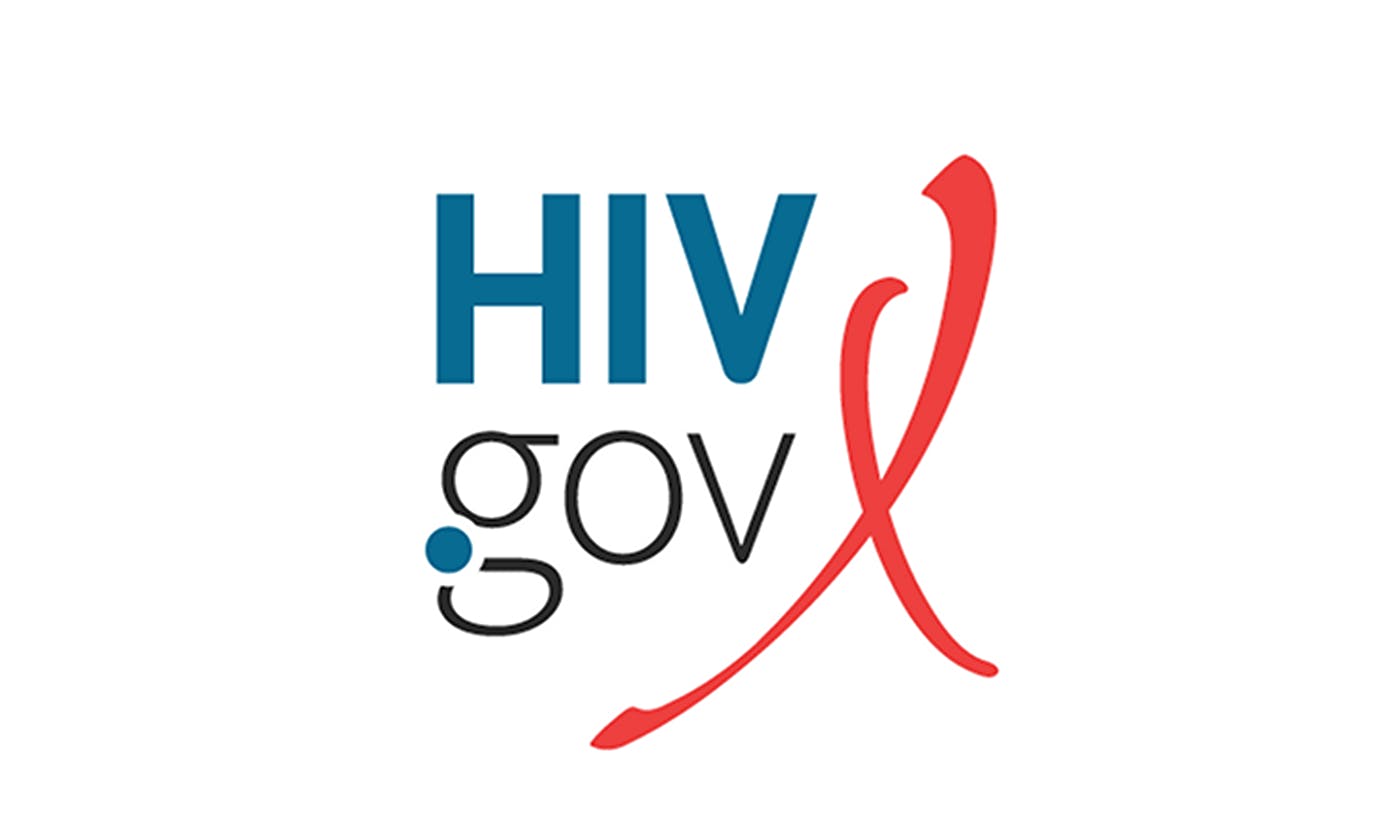An HIV diagnosis is life-changing, but it doesn't mean you can’t live a happy and full life.
Quality healthcare and a healthy lifestyle will further help support you to live a healthy life with HIV.[1] It’s always important to find the right treatment option for you.
HOW CAN I LIVE A HEALTHY LIFE WITH HIV?
The things you need to do to achieve a healthy life will be unique to you—because everybody living with HIV is different. If you’re newly diagnosed or have been diagnosed for years, make sure to regularly check in with your healthcare provider or specialist HIV support team.
Get the right treatment for you
HIV treatment could help you to achieve undetectable viral levels, a scientifically sound concept known as U=U (Undetectable = Untransmittable). When the virus is undetectable in your blood, it cannot be transmitted to sexual partners.
However, HIV treatment isn't one-size-fits-all; it's important for each person to find the treatment that best suits their individual needs. All medications can cause side effects, and HIV treatments are no exception.[2] Keeping in contact with your healthcare providers, allows you to discuss and understand your medication, ensuing that your treatment is the most appropriate for you.
Below, watch Mercy, born with HIV, and Vanessa, an HIV Healthcare Professional, meet for the first time and discuss the concept of considering more and the need for HIV treatment options.
Advice from a 90-something person living with HIV
Hear first-hand how George, now in his nineties, talks about how he’s lived a long life with HIV.
George, with the help of his husband Somchai, has always ensured he is on the most appropriate HIV treatment for his individual needs. It’s a good idea to learn about all the possible treatment options for HIV to find a fit best for you.
HOW CAN HIV AFFECT YOUR LIFE?
Although people living with HIV can live a normal life, you may still face many day-to-day challenges. For example, the ways HIV can impact your life can be that: [2,7]
- Ongoing medication: You’ll need to take medication for the rest of your life.
- Side effects: Managing potential side effects from treatment can be difficult, and not all side effects may be controllable.
- Blood and organ donation: You likely won’t be eligible to donate blood or organs. In very rare cases, the organs of donors living with HIV have been used to treat others with the same condition.[20]
- Emotional well-being: Feelings of loneliness, depression, and anxiety can occur.
- Stigma and discrimination: You may encounter stigma and discrimination related to HIV.
Despite these challenges, it’s important to have the right support from the community around you.
How to overcome challenges and not let HIV define you
Learn how Helen, who is from Uganda and is now living in Amsterdam, overcame some challenges of living with HIV. Watch her personal story to learn how she does not let HIV define her.
GETTING SUPPORT AFTER YOUR HIV DIAGNOSIS
If you’re living with HIV there is often support and advice available for your social, emotional, and financial needs.[8]
Healthcare teams and support services may be able to help you with your particular circumstances and challenges, such as sharing your HIV status and dealing with stigma.
Need support from home? Remote services have also made it easier for people living with HIV to get the right care and support wherever they are.[8]
Here are some resources available online that offer a wealth of advice and support:
AVERT
AVERT is a UK-based charity providing tailored and trusted information about HIV and sexual health to people living with HIV and healthcare professionals.
BEYONDPOSITIVE
Beyondpositive offers advice and information on lifestyle, mental and physical health and treatment. They also share the latest news in HIV, as well as personal stories from the HIV community.
HIV I-BASE
HIV i-base is a treatment activist group providing up-to-date, medically-reviewed guides and resources, in addition to a Q&A service. All their materials are co-developed with and by people living with HIV.
NATIONAL AIDS TRUST
National AIDS Trust advocate and campaign on behalf of people living with HIV across the UK. They provide guides covering advice about your rights on a range of subjects from employment and job applications to immigration and confidentiality.
THE TERRENCE HIGGINS TRUST
The Terrence Higgins Trust are the UK's leading HIV and sexual health charity. They provide information and support on a range of topics from HIV testing and treatment to travelling with HIV.
HIV.GOV
HIV.gov is a great resource if you are based in the US. The website provides information on all things HIV including news updates, blog posts, informational guides on prevention and testing, and upcoming events.
Telling other people about your HIV status
The decision to share your HIV status is a big step, especially if you fear how people will react. Sharing this information is your choice, but it’s important to know that support and advice are available every step of the way.
Remember, you should be free to live a normal life with HIV. However, unfortunately, some people can experience discrimination from HIV-related stigma. If you need help, reach out to local support, patient advice or relevant healthcare groups for help.
As well as telling friends and family, you may want to tell your employer. Depending on the country that you live in, there may be different laws around disclosing your HIV. ViiV’s research on organisational stigma has shown that many more people feared losing their job if they disclosed their HIV status to their employer than those who actually faced discrimination after disclosing. This suggests that anticipatory stigma in the workplace might be a significant concern.[9]
What it's like living with HIV: Moritz's journey
Moritz Krehl’s journey with HIV started in 2011 when he was diagnosed with HIV. Through keeping an open dialogue with his doctors and a holistic attitude to treatment, he found a way to live confidently with HIV. Watch him explain his journey here.
When you have HIV, you’ll need to take medication to keep yourself well. It’s important to get the right HIV treatment for you – remember, you should continue to talk to your doctor about different options that might better suit your evolving needs over time. Make sure you know how to help prevent the transmission of HIV to keep others healthy too.[2]
People living with HIV usually are treated with a form of antiretroviral therapy (ART). ART medicines work by reducing the amount of the HIV virus in your body (called viral load) and can make the amount so low that a test can't detect it (called an undetectable viral load). Having an undetectable viral load can help you to stay healthy and prevents you from transmitting HIV to others.[10] This is called U=U (undetectable = untransmittable).
If you’re living with HIV and pregnant, it’s possible to prevent HIV transmission to your child. Women living with HIV can often achieve an undetectable viral load, which means they can have a normal pregnancy and delivery.[11] In some cases, a caesarean may be recommended to reduce the risk of HIV transmission.[12]
There are some risks associated with HIV and pregnancy, including an increased risk of stillbirth, low birth weight, preterm birth and neural tube defects. It’s important that if someone is planning to become pregnant, the benefits and the risks of a pregnancy, as well as any risks around continuing ART treatment, should be discussed.[11]
More studies are needed around pregnancy and HIV: the safety and efficacy of many ARTs have not been studied in pregnancy. If you are living with HIV, it is also recommended that you do not breastfeed your baby, as the virus can be transmitted through breast milk.[11]
LIVING WITH HIV AND OTHER HEALTH CONDITIONS
People living with HIV can develop the same age-related conditions that can affect anyone, such as heart disease, kidney disease, or diabetes. However, living with HIV can increase the risk of developing other specific health conditions, such as hepatitis B, heart and kidney disease, diabetes, and certain cancers.[13,7]
If you have another health condition alongside HIV, this is called a comorbidity. How long someone can live well with HIV will be impacted by the management of their comorbidities. Studies show that as many as 29% of people living with HIV have at least one other common health condition (comorbidity) such as heart disease, kidney disease, and depression.[14]
As more people live longer with HIV, HIV treatments need to be tailored to be better at treating people with comorbidities. Coordinating your care and balancing medications is an essential factor in maintaining a good quality of life as we age.[15]
Opportunistic infections
Infections that occur more frequently and more severely in those with a weakened immune system are commonly referred to as an opportunistic infection. People living with HIV can be more vulnerable to these types of infection, but taking effective HIV treatment makes the likelihood low.[7] Someone with HIV with a low CD4 count (250 and below) and not taking ART, is considered more at risk of getting an opportunistic infection.[16]
Some common opportunistic infections are:[7,17]
- Bacterial: pneumonia and tuberculosis (TB)
- Fungal: thrush and pneumocystis pneumonia
- Parasitic: toxoplasmosis, one of the most common parasitic infections
- Viral infections: herpes simplex virus[1]
TRAVELLING WITH HIV
In most countries, living with HIV does not impact your ability to travel.[18,19] However, a few countries have entry restrictions for extended stays or permanent settlement.[18,19]
Because attitudes and regulations concerning people living with HIV vary globally, it's important to research each destination carefully. If you're unsure about the local policies or the safety of disclosing your status, check with your local embassy or consulate for guidance. Planning ahead can help ensure a smooth travel experience.
WHAT ARE YOU LOOKING FOR?
Each person living with HIV has different needs and we’ve tried to cover as many as possible here. To help you get the most out of this website, here’s an overview of the content you can find.
HIV IN WOMEN
Find out more about HIV in women including how common HIV is in women, global HIV statistics, female to male HIV transmission, and HIV and women's health.
STARTING YOUR HIV JOURNEY
This is a good place to begin if you have received your HIV diagnosis recently. Get the facts about HIV, discover what Undetectable = Untransmittable means for you and find support to help you start feeling empowered in your care.
YOU AND YOUR HIV TREATMENT
If you’re exploring your treatment options, you can find lots of useful information here. With insights and support that help explain what’s available, you can feel empowered, in control, and on track with your HIV care.
A HEALTHY LIFE WITH HIV
You’ve got a long life ahead of you – how can you make it as healthy and happy as possible? Here we explore what “healthy” means including mental health, ageing well and the importance of planning for your future now.
TALKING TO YOUR DOCTOR
Wherever you are on your HIV journey, having a strong, trusting relationship with your healthcare team is essential. Discover how planning for appointments and being open with your doctor can help you feel in control of your HIV care.
References:
- AIDSMAP. Life expectancy for people living with HIV. 2023. Available at: https://www.aidsmap.com/about-hiv/life-expectancy-people-living-hiv [Accessed: August 2024]
- National Health Service. Treatment - HIV and AIDS. 2024. Available at: https://www.nhs.uk/conditions/hiv-and-aids/treatment/ [Accessed: August 2024]
- Centers for Disease Control and Prevention. Living with HIV. 2024. Available at: https://www.cdc.gov/hiv/living-with/index.html [Accessed: August 2024]
- HIV.gov. Exercise and Physical Activity. 2022. Available at: https://www.hiv.gov/hiv-basics/living-well-with-hiv/taking-care-of-yourself/exercise-and-physical-activity [Accessed: August 2024]
- National Institutes of Health. HIV and Nutrition and Food Safety. 2021. Available at: https://hivinfo.nih.gov/understanding-hiv/fact-sheets/hiv-and-nutrition-and-food-safety [Accessed: August 2024]
- Centers for Disease Control and Prevention. Smoking and HIV. 2023. Available at: https://www.cdc.gov/tobacco/campaign/tips/diseases/smoking-and-hiv.html# [Accessed: August 2024]
- National Health Service. Living with - HIV and AIDS. 2024. Available at: https://www.nhs.uk/conditions/hiv-and-aids/living-with/ [Accessed: August 2024]
- National AIDS Trust. Why we need HIV support services. 2017. Available at: https://www.nat.org.uk/sites/default/files/publications/NAT_WHY%20WE%20NEED%20HIV%20SUPPORT%20SERVICES_2017_56%20pages_FINAL%20WEB_SINGLE%20PAGE....pdf [Accessed: July 2024]
- Living beyond HIV: Taking a Positive Perspective
- National Institutes of Health.10 Things to Know About HIV Suppression.2024. Available at: https://www.niaid.nih.gov/diseases-conditions/10-things-know-about-hiv-suppression [Accessed: August 2024]
- Irshad U, Heba Mahdy, Tonismae T. HIV in Pregnancy. Nih.gov. 2023. Available at: https://www.ncbi.nlm.nih.gov/books/NBK558972/ [Accessed: August 2024]
- Royal College of Obstetrics and Gynaecologists (RCOG). HIV and pregnancy.2019. Available at: https://www.rcog.org.uk/for-the-public/browse-our-patient-information/hiv-and-pregnancy/ [Accessed: August 2024]
- AIDSMAP. End-liver disease is a concern for people with HIV and hepatitis B or C co-infection. 2015. Available at: https://www.aidsmap.com/news/apr-2015/end-stage-liver-disease-concern-people-hiv-and-hepatitis-b-or-c-co-infection [Accessed: August 2024]
- Lorenc A, et al. The prevalence of comorbidities among people living with HIV in Brent: a diverse London Borough. London J Prim Care (Abingdon). 2014;6(4):84-90.
- Althoff KN, Smit M, Reiss P, Justice AC. HIV and ageing: improving quantity and quality of life. Current Opinion in HIV and AIDS. 2016 Sep 1;11(5):527-36.
- Burki T. People ageing with HIV face an uncertain future. The Lancet HIV. 2019;6(12):e816-e817.
- HIV.gov. Opportunistic Infections Available at: https://www.hiv.gov/hiv-basics/staying-in-hiv-care/other-related-health-issues/opportunistic-infections [Accessed August 2024]
- UNAIDS. Still not welcome: HIV-related travel restrictions. 2019. Available at: https://www.unaids.org/sites/default/files/media_asset/hiv-related-travel-restrictions-explainer_en.pdf [Accessed August 2024]
- UNAIDS.org. UNAIDS and UNDP call on 48 countries and territories to remove all HIV-related travel restrictions. (2021). Available at: https://www.unaids.org/en/resources/presscentre/pressreleaseandstatementarchive/2019/june/20190627_hiv-related-travel-restrictions [Accessed August 2024]
- NHS.uk (no date) Who can become an organ donor?, NHS choices. Available at: https://www.organdonation.nhs.uk/helping-you-to-decide/about-organ-donation/who-can-donate/ (Accessed: 23 October 2024).
NP-GBL-HVX-COCO-240020 February 2025
If you get any side effects, talk to your doctor, pharmacist, or nurse. This includes any possible side effects not listed in the package leaflet. You can also report side effects directly via the GSK Reporting Tool link https://gsk.public.reportum.com/. By reporting side effects, you can help provide more information on the safety of this medicine.
If you are from outside the UK, you can report adverse events to GSK/ ViiV by selecting your region and market, here.










